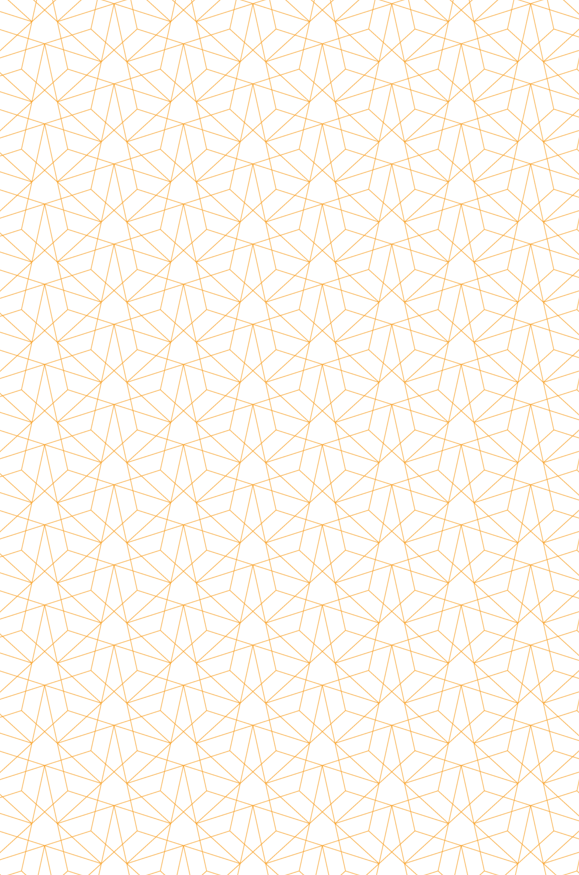Kristinn Hrafnsson, 57, spent two decades working as a journalist in Iceland, including the country's public broadcaster. He was named Icelandic journalist of the year three times, in 2004, 2007 and 2010 by Iceland's National Union of Journalists; the only journalist ever to receive this award thrice. In his reporting, including his research into the collapse of Iceland's Kaupthing Bank, he used documents from WikiLeaks. In 2010, he established Sunshine Press Productions in Iceland together with Julian Assange. Before taking over from Assange as editor-in-chief of WikiLeaks in September 2018, Hrafnsson served as the platform's spokesman for six years.
WikiLeaks and Julian Assange have been under attack for 10 years for combining high-end security technologies with journalism that publishes original source material alongside news stories so that readers can verify the truth of what we have reported themselves. For this work, WikiLeaks and Assange have been awarded some of the most prestigious prizes for journalism including the 2011 Walkley Award for Most Outstanding Contribution to Journalism, and just this year the Galizia Prize for Journalists, Whistleblower and Defenders of the Right to Information (awarded by the European Parliament), the Danny Schechter Global Vision Award for Journalism & Activism and The Gavin MacFadyen Award.
Recent raids on broadcasters, journalists and whistleblowers in Australia for precisely the kind of journalism that has cost Assange a decade of his life, has prompted debate about the role of a free press in democracies and of investigative journalists doing national security reporting. Assange faces extradition and 175 years in a US prison for protecting a source and publishing the Afghan War Logs, the Iraq War Logs and Cablegate, releases that were widely covered in the mainstream press. If the US can extradite a journalist from any country for publishing the truth, no journalist or publisher is safe.
WikiLeaks has provided a new model of journalism that is worth clarifying at this time when dangerous precedents could be set. We have worked cooperatively with more than 100 publishing and media organisations around the globe, rather than the traditional model that competes and hoards information. We believe the world’s media should work together as much as possible to bring stories to a broad international readership.
























































































